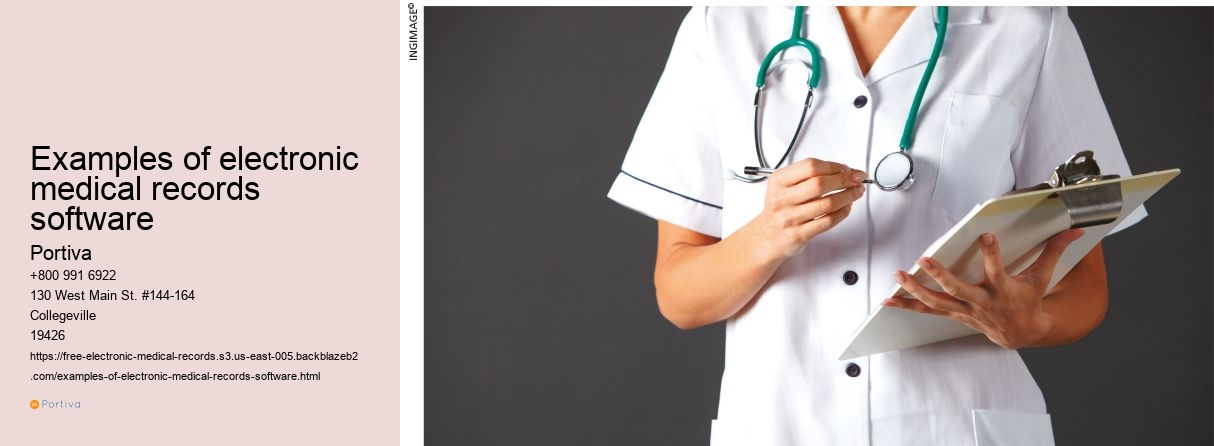Small practices or healthcare professionals looking for a more affordable alternative have been using free EMR systems more and more frequently lately. The use of this technology ensures that patient confidentiality and privacy are upheld by limiting access to patient data to authorized individuals only. Electronic medical records (EMRs) have revolutionized healthcare by enhancing patient care, simplifying administrative tasks, and improving accuracy, among other benefits. The Health Insurance Portability and Accountability Act (HIPAA), which governs the usage and protection of private health information, must be followed by all EMRs.All EMR systems must therefore integrate robust security features like encryption, multi-factor authentication, frequent backups, and security measures for their portiva solutions. EMRs also provide medical professionals with the necessary tools to manage patient information effectively.
examples of electronic medical records software
